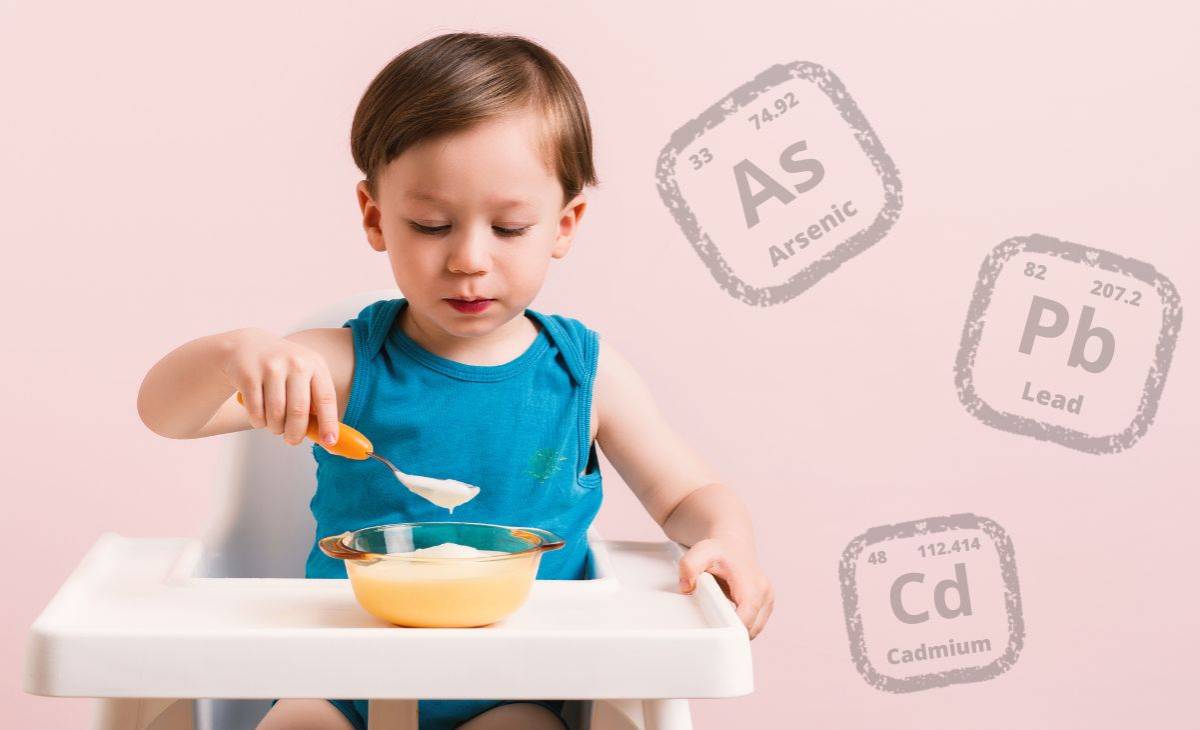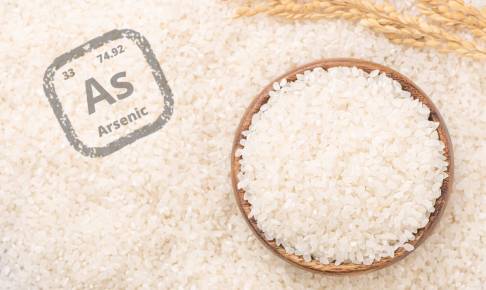US: heavy metals in baby food, Maryland proposes law for stringent testing
The State of Maryland is taking proactive measures to prioritize the safety of baby food products with the introduction of House Bill 97, widely known as "Rudy's Law". The bill was named after a child who suffered from lead poisoning after consuming cinnamon fruit puree pouches contaminated with lead. This case, coupled with a nationwide outbreak of lead poisoning among infants and young children, prompted lawmakers to swiftly address the issue and prevent similar incidents in the future.
If passed, Rudy's Law would require baby food manufacturers to conduct comprehensive testing for toxic heavy metals before packaging individual units of baby food for sale or distribution in Maryland, starting from January 1, 2025. Furthermore, manufacturers would be obligated to disclose relevant testing information on product labels or provide a QR code linking to the results online, starting from January 1, 2026. Non-compliance could result in fines of up to $50 000 per violation.
Maryland's initiative follows in the footsteps of California, which passed similar legislation in October 2023. This synchronized effort underscores the nationwide concern regarding the safety and integrity of baby food products, highlighting the significance of rigorous testing protocols and transparent disclosure practices.
Indiana and Pennsylvania are also considering legislation concerning heavy metals in baby food, indicating a growing trend among states to regulate food for children under 2 while the FDA works on establishing its own guidelines under the "Closer to Zero" plan. This plan was initiated after congressional reports in 2021 shed light on the presence of toxic heavy metals in baby food, leading to increased awareness of the issue.
Rudy's Law will undergo further deliberation in a state Senate hearing later this month. If passed, Maryland will join the growing list of states taking proactive measures to safeguard the health and well-being of the youngest members of society.
Source:






















